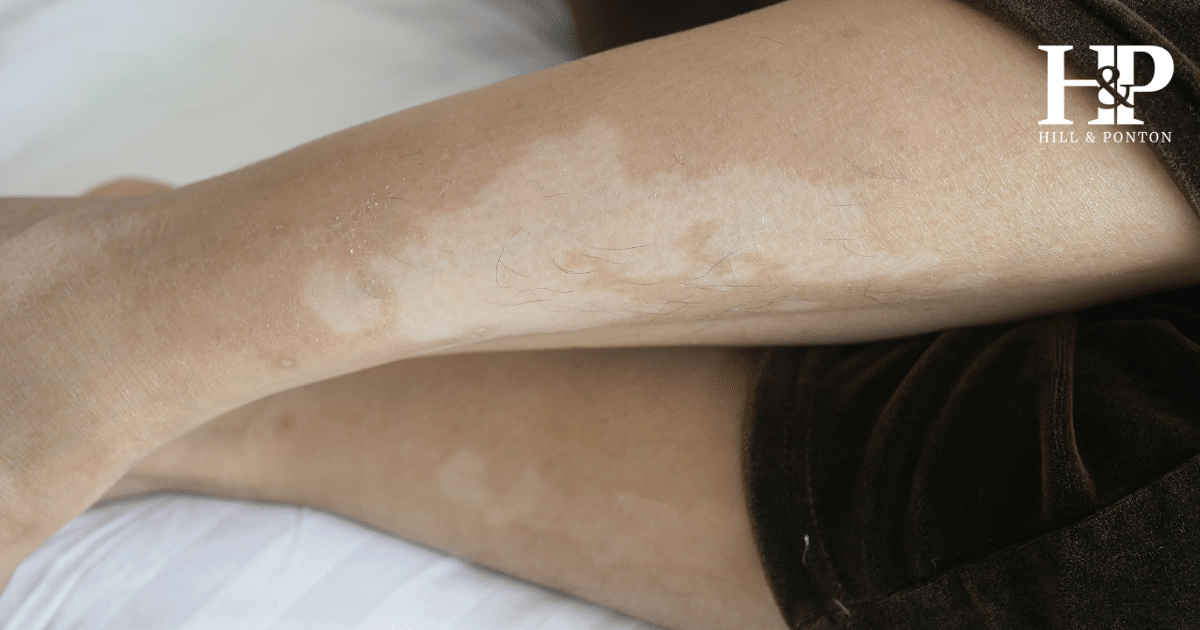Did you know that if you have tuberculosis, you may be able to get VA disability benefits? This is a medical condition that the Department of Veterans Affairs rates quite seriously. In this article, we will discuss everything you need to know about VA disability benefits and tuberculosis. We will cover what tuberculosis is, the symptoms, how to establish service-connection, and the VA rating for this condition. If you are a veteran who has been diagnosed with tuberculosis, then this article is for you!
What is Tuberculosis?
Tuberculosis is a serious infection that usually attacks the lungs. It is a bacterial infection that is spread through the air. When someone with tuberculosis coughs, sneezes, or talks, they release tiny droplets into the air that contain the bacteria. If you breathe in these droplets, you can become infected with tuberculosis. The good news is that tuberculosis is treatable with medication. However, it can be a very serious infection if it is not treated properly.
Common Symptoms of Chronic Pulmonary Tuberculosis
There are several symptoms of tuberculosis, including:
- A persistent cough that lasts for more than three weeks
- Coughing up blood
- Chest pain
- Shortness of breath
- Weight loss
- Fatigue
- Fever
- Night sweats
As you can imagine, it can sometimes be tough to differentiate between tuberculosis and other respiratory issues.
Service Connection for Chronic Pulmonary Tuberculosis
If you are a veteran who has been diagnosed with tuberculosis, you may be eligible for VA disability benefits. In order to receive these benefits, you must first establish service connection. This means that you will need to show that your tuberculosis is related to your time in service. To establish service connection you must be able to show the following 3 items:
- A current diagnosis of tuberculosis
- An event, injury, or illness that occurred during service
- Evidence that the event, injury, or illness directly or indirectly led to your tuberculosis.
In other words, you have to show that you likely would not have developed tuberculosis if you were not exposed to contagions or physically harmed during active duty.
Secondary Service Connection
It is also possible to establish service connection for tuberculosis through secondary service connection. This could mean that your tuberculosis is not primarily caused by service, but it was caused by a primary condition that is already service connected, or the opposite could be true; your tuberculosis is already service connected and you’re seeking to claim another condition secondary to TB. In the cases of diabetes, cancers, or any heavy-hitting disability, serious complications can arise that are just as detrimental.
VA Rating for Chronic Pulmonary Tuberculosis
The current VA diagnostic code 6730 for chronic pulmonary tuberculosis is in effect for pulmonary TB claims filed after August 19th, 1968. If you have active tuberculosis, you will be rated at 100%
If you have active pulmonary tuberculosis, it will be considered permanently and totally disabling for non-service-connected pension purposes in the following circumstances:
- Tuberculosis that affects other parts of the body than the lungs.
- Tuberculosis with severe associated symptoms or with extensive cavity formation.
- Reactivated cases, generally.
- With lesions that get worse on successive exams or while you are being treated for TB.
- If there is no evidence of material improvement in your condition after six months in the hospital or if your diagnosis has not changed after 12 months, then you are considered to have an “active” condition. Material improvement means that your symptoms have lessened or disappeared and that the lesion on your X-ray has not gotten worse.
From here, the wording can get a bit confusing so we’ll try our best to chop the legal speak down.
Inactive Tuberculosis and VA Residuals
To simplify what’s in VA doc 4.88c, VA is saying that after one year of your tuberculosis not being active, your medical symptoms will be rated again. This will happen under a different code that is for the part of the body that is affected in what are called “residuals” ranging from VA diagnostic codes 5001 to 5250.
For example, tuberculosis of the bones and joints is considered 100% disabling in VA diagnostic 5001. So in practice, that may look like some sort of tuberculosis that affected your hip joint and it leads to ankylosis (immobility). If you have any residual conditions from your pulmonary or nonpulmonary conditions, the evaluations for how much each condition affects you will be combined.
If you have an existing pulmonary or nonpulmonary condition, the total rating for the 1 year, after you stop working, cannot be applied to both conditions during the same period.
However, the total rating during the 1-year period for the pulmonary or for the nonpulmonary condition will be used to decide if you get any additional benefits. The review of residuals of the condition not covered by the 1-year total evaluation will also be done to make sure you get all the benefits you deserve.
TDIU for Tuberculosis
Active Tuberculosis is already considered a 100% rating but in the case of inactivity and disabling medical residuals that are under a 100% rating, then you may want to consider TDIU. This is total disability rating based on individual unemployability (TDIU).
In order to qualify for TDIU, you must show that your service connected conditions are preventing you from either getting employment or holding onto a steady job. You will need to submit evidence to support your claims, such as medical records and statements from yourself and your employers, family or friends, and any other record that can help establish the facts.
Remember, these are benefits you are owed for your sacrifices. If you are approved for TDIU, you will receive the same benefits as a 100% disabled veteran.
There you have it! That’s everything you need to know about VA disability benefits for tuberculosis. We hope this article was helpful in clearing some things up for you. If you feel like you’ve been wrongly denied and have an active rating decision, call us for a free case evaluation.




